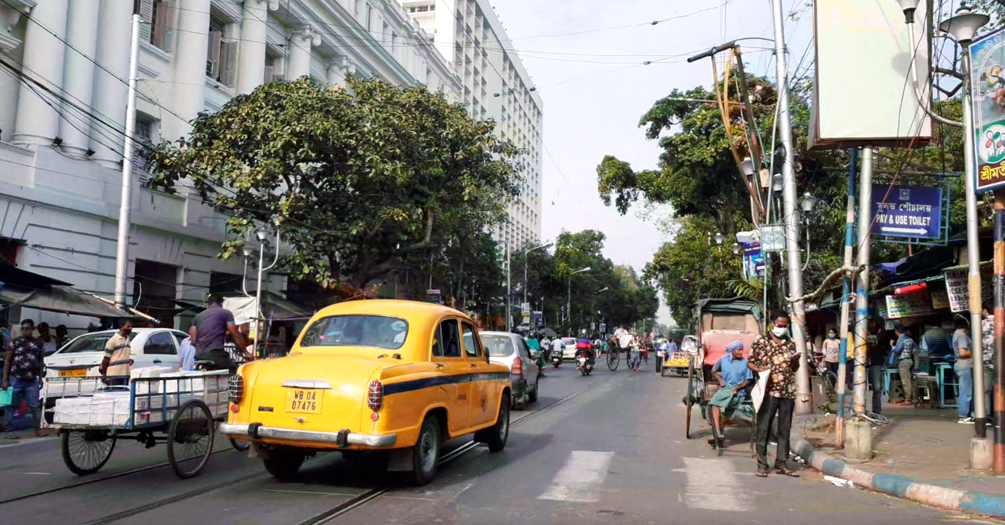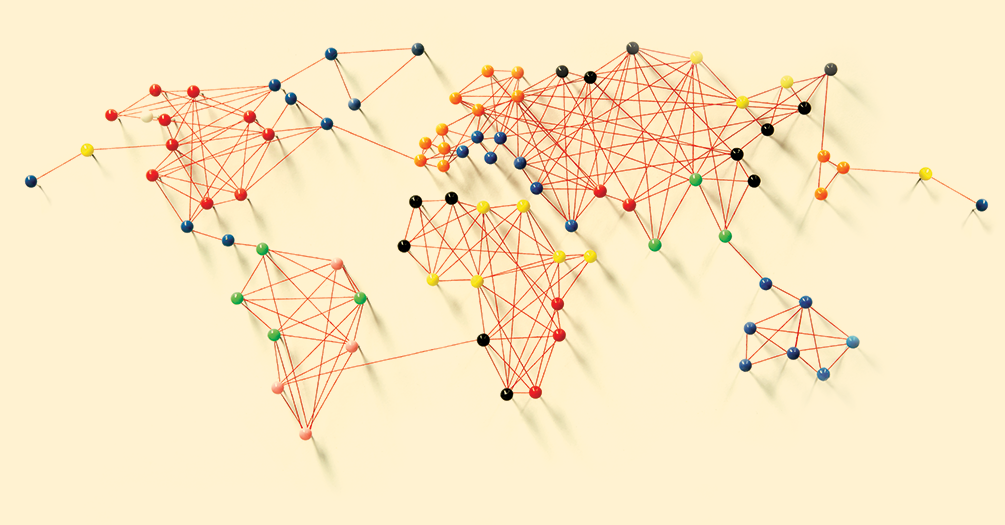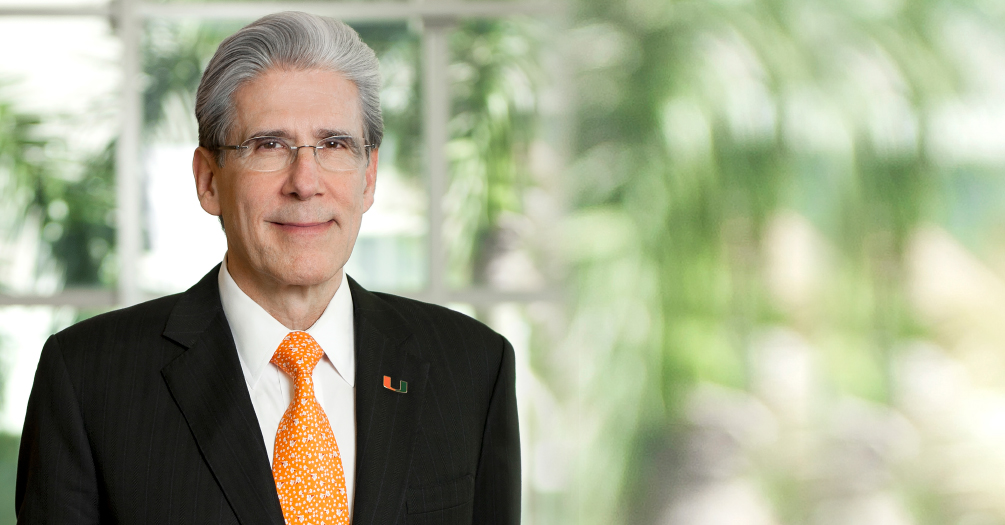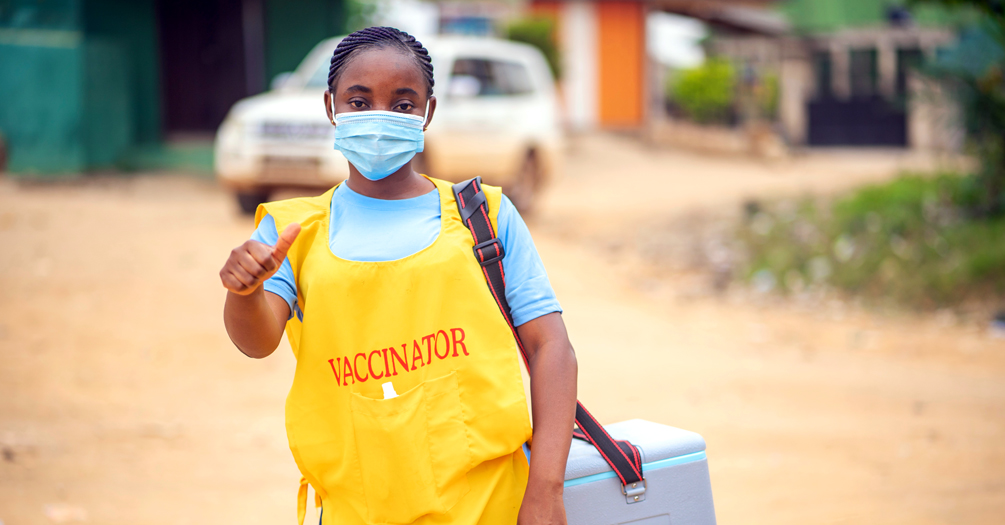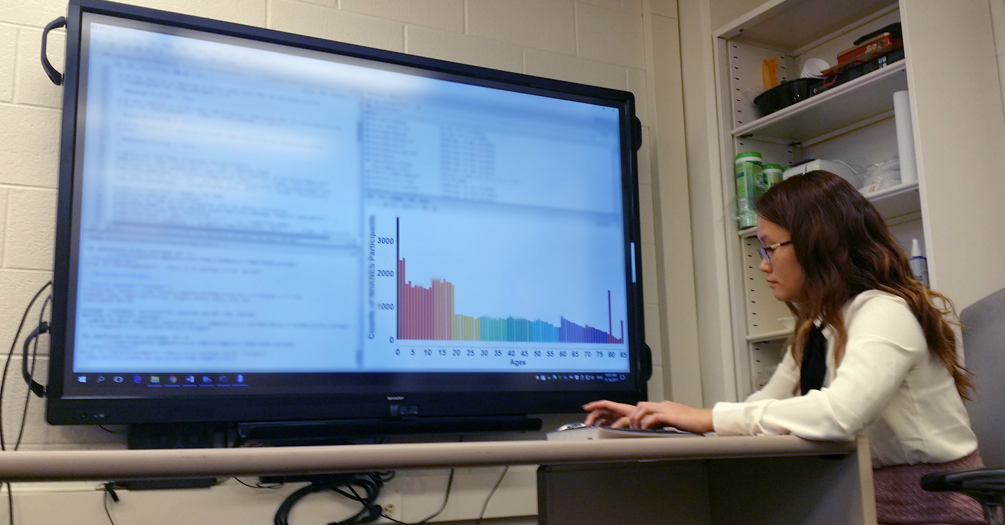
7 Ways the Pandemic Changed Global Public Health for the Future
Chinyere Neale
The romanticism of global public health work, says Chinyere Neale, will not survive the pandemic nor the new forms of collaboration it has demanded of researchers. Knowing that we can do really good work from anywhere in the world—including our current location—is a good thing for public health.


